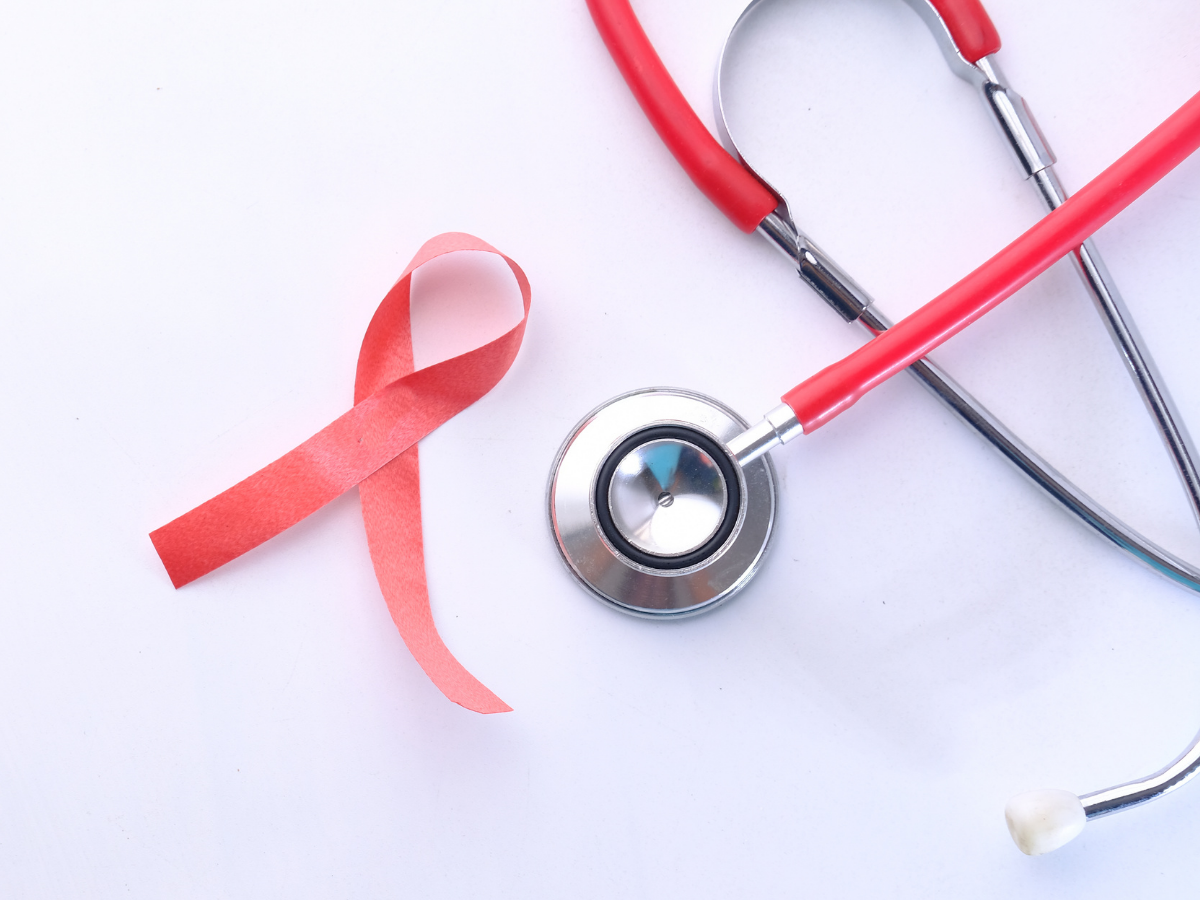
HIV treatment has come a long way, offering people living with HIV a chance to lead long, healthy lives. Thanks to modern antiretroviral therapy (ART), the virus can be effectively managed, reducing the risk of transmission and improving overall well-being. However, like all medications, HIV drugs may come with side effects. Understanding what to expect can help you take control of your health and minimize discomfort.
Common Side Effects of HIV Medications
Most HIV medications are well tolerated, but some people may experience side effects. These can vary depending on the specific drug regimen and individual health factors. Here are some of the most common side effects:
Nausea and Vomiting – Some individuals may experience digestive discomfort, especially when starting a new medication.
Diarrhea – Gastrointestinal issues can be a temporary side effect but can often be managed with dietary adjustments.
Fatigue – Some HIV medications may cause tiredness or weakness, which usually improves over time.
Headaches and Dizziness – These symptoms may occur initially but often subside as the body adjusts.
Skin Rashes – Some people may develop mild to moderate skin reactions, which should be monitored for severity.
Sleep Problems – Insomnia or vivid dreams are common with certain ART medications.
Long-Term Considerations
While short-term side effects often fade as your body adapts, some HIV medications can have long-term effects, such as:
Changes in Metabolism – Weight gain, increased cholesterol levels, and higher blood sugar levels are possible.
Bone Density Loss – Some drugs may contribute to reduced bone density, increasing the risk of fractures.
Liver or Kidney Issues – Regular monitoring helps detect any potential problems early.
Managing Side Effects
The good news is that many side effects can be managed effectively. Here’s how:
Stay Hydrated and Eat Well – A balanced diet can help reduce nausea and improve energy levels.
Take Medications as Directed – Skipping doses can lead to drug resistance and worsened symptoms.
Communicate with Your Doctor – If side effects persist or become severe, consult your healthcare provider. Adjustments to your regimen may be necessary.
Consider Medication Switches – If a particular drug is causing significant discomfort, alternatives may be available.
The Future of HIV Treatment
Innovations in HIV treatment continue to improve the quality of life for those living with the virus. Newer drugs have fewer side effects and more convenient dosing options, such as long-acting injectables.
If you or a loved one is managing HIV, staying informed and proactive is key. Always consult your healthcare provider about the best treatment options for your individual needs.
Take control of your health today! Stay informed and talk to your doctor about the best HIV treatment options for you.







